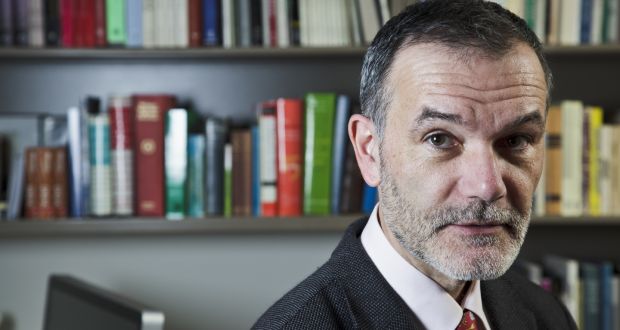
In late 1400 and early 1401, the Mongol conqueror Tamerlane left “pyramids of skulls, like those constructed by Islamic State today” across Syria, recalls the French Middle East expert Jean-Pierre Filiu.
Tamerlane had already destroyed Aleppo. The great Arab historian and statesman Ibn Khaldun talked to him for 35 days, in the hope of savingDamascus. “The whole time, Tamerlane knows he’s going to massacre everyone in the city,” Filiu continues. “He uses the negotiation to divide and rule, to massacre more people, faster.”
Filiu wants Staffan de Mistura, the UN special envoy for Syria, to read Ibn Khaldun, for it’s impossible not to see a parallel with the behaviour of the Syrian dictator Bashar al-Assad. Read more


